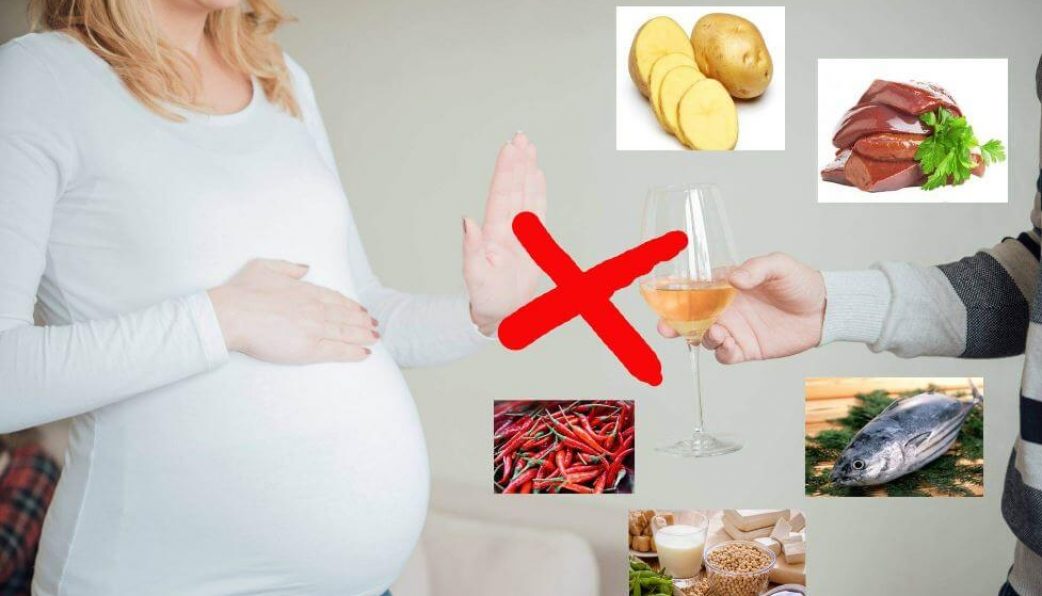Foods not to eat during pregnancy
During pregnancy, nutrition plays an important role in the health of the mother and the development of the fetus. There are a number of foods that should be avoided or restricted during pregnancy to ensure the safety and healthy development of the fetus. Here are some foods not to eat during pregnancy and why:
1. Fish that contain a lot of mercury:
Fish such as salmon, tuna, and sharks can contain a lot of mercury, a heavy metal that can harm the nervous system of the fetus. Mercury can affect the development of the brain and central nervous system. Instead, small fish such as tropical salmon, sardines, or herring with less mercury should be eaten.
2. Foods containing listeria:
Listeria is a type of bacteria that can cause listeriosis, an infectious disease that can cause fetal death or miscarriage. Foods such as unpasteurized cheese, inadequately cooked meats, and frozen products that have not been fully cooked can contain listeria. It is important to cook food thoroughly and avoid eating products that are not fully cooked.
3. Foods rich in caffeine:
Caffeine can affect fetal development and can also cause problems such as cardiovascular disorders and insomnia for the mother. Therefore, it is recommended to limit the consumption of caffeinated beverages such as coffee, tea and carbonated drinks.
4. Foods containing preservatives, artificial colors and flavors:
Artificial preservatives, colors, and flavors can cause allergies or affect fetal development. Processed foods, industrial confectionery, and fast food that contain these ingredients should be avoided.
5. Foods high in saturated fat and cholesterol:
Eating too much saturated fat and cholesterol can increase the risk of cardiovascular disease for the mother and affect fetal development. Healthy fats such as olive oil and canola oil should be prioritized.
6. Alcohol and tobacco:
Alcohol and tobacco can cause serious health problems for both the mother and the fetus, including the risk of miscarriage, birth defects, and abnormal neurodevelopment. Therefore, it is necessary to completely stop consuming alcohol and tobacco during pregnancy.
7. Foods at risk of causing allergies:
If the mother has a history of allergy to certain foods, consumption should be limited to avoid the risk of allergies and negative impacts on the development of the fetus.
To ensure adequate and safe nutrition for the mother and fetus, it is recommended to consult doctors and nutritionists for specific and appropriate advice for each case. A healthy and balanced diet will help pregnant mothers maintain good health and ensure the healthy development of the fetus.


Đăng bình luận